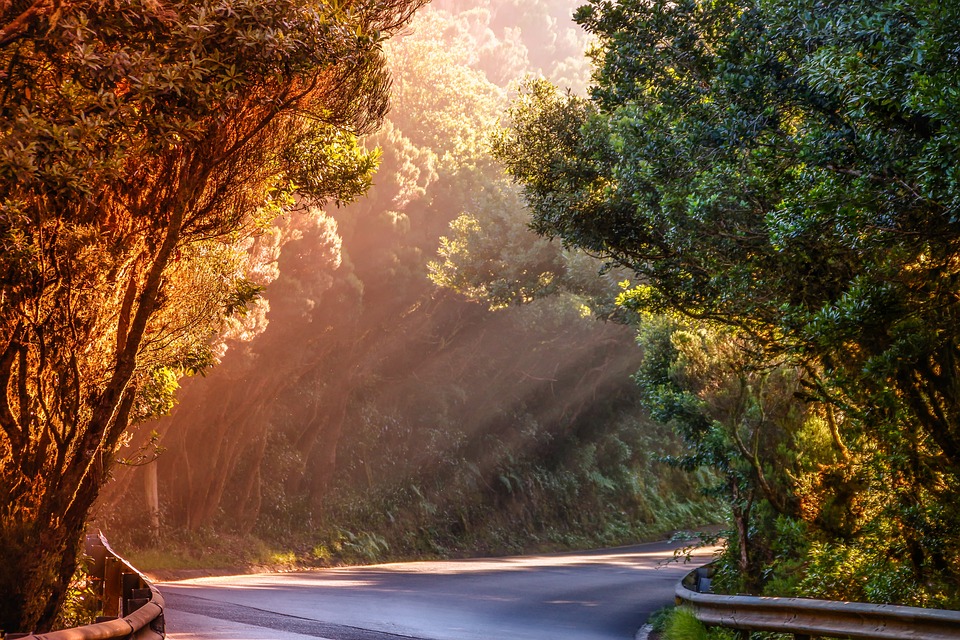Collaborative Conservation: Partnerships Driving Sustainable Tourism Initiatives
As a passionate advocate for sustainable travel and tourism, I have had the pleasure of witnessing the positive impact of collaborative conservation efforts in driving sustainable tourism initiatives. These partnerships between local communities, businesses, and conservation organizations have led to the preservation of natural resources, the protection of endangered species, and the promotion of responsible tourism practices. In this article, I will delve into the powerful role that collaborative conservation plays in shaping sustainable travel experiences and how these partnerships are driving positive change in the tourism industry.
Collaborative conservation involves the coming together of various stakeholders to work towards a common goal of preserving and protecting natural resources and wildlife. This can range from local communities and indigenous groups partnering with conservation organizations, to businesses and tourism operators implementing sustainable practices and initiatives. These partnerships are crucial in driving sustainable tourism, as they not only help to protect the environment and support conservation efforts, but also contribute to the economic and social well-being of local communities.
One shining example of collaborative conservation in action is the partnership between the Maasai Mara community in Kenya and several conservation organizations. The Maasai Mara is a world-renowned wildlife reserve, home to a diverse range of species including the iconic Big Five. In the past, the wildlife and natural resources of the Mara were under threat due to human-wildlife conflict, poaching, and unsustainable tourism practices. However, through collaborative efforts between the Maasai community, local businesses, and conservation organizations, significant progress has been made in conserving the Mara’s ecosystem and wildlife.
The Maasai Mara Wildlife Conservancies Association (MMWCA) is a pioneering example of a community-based conservation organization that works in partnership with local communities and tourism operators to promote sustainable tourism and wildlife conservation. Through community-led initiatives, such as wildlife conservancies and eco-lodges, the Maasai Mara has been able to protect its natural resources and provide economic opportunities for the local community. This partnership has not only benefited the environment and wildlife, but has also contributed to the empowerment and livelihoods of the Maasai people.
The success of the collaborative conservation efforts in the Maasai Mara serves as a powerful example of how partnerships can drive sustainable tourism initiatives. By working together, local communities, conservation organizations, and businesses can create a sustainable tourism model that benefits both people and the planet. This approach not only ensures the protection of natural resources and wildlife, but also fosters a positive and authentic travel experience for visitors.
In addition to the Maasai Mara, there are countless other examples of collaborative conservation initiatives driving sustainable tourism around the world. From the protection of coral reefs in the Caribbean, to the preservation of rainforests in the Amazon, these partnerships are making a tangible impact on the environment and the well-being of local communities.
Pro Tips from the Article:
– When planning your next trip, look for destinations and experiences that prioritize collaboration and community-led conservation efforts. By supporting businesses and initiatives that work in harmony with local communities and conservation organizations, you can ensure that your travel contributes to positive impact.
– Engage with local communities and learn about their traditional practices and knowledge. By taking the time to understand and respect local cultures and customs, you can contribute to the preservation of heritage and promote responsible tourism.
– Consider volunteering or participating in conservation projects during your travels. Many destinations offer opportunities for visitors to get involved in wildlife monitoring, reforestation, and community development projects, which can provide a meaningful and immersive travel experience that supports sustainability.



